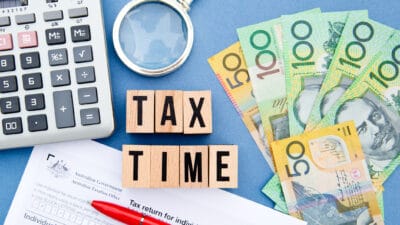Should you buy ASX shares or a house first?
Well, if the 'great Australian dream' is anything to go by, it should be an easy choice. Owning your own home is often labelled as 'your biggest investment' and a sign of having 'made it'. In fact, it's often the only piece of financial advice given to youngsters when they're kicked out of the family nest.
But there are pros and cons to going all out for that first deposit. A house (contrary to popular opinion) is more of an asset than a real investment. Sure, it can (and usually will) appreciate in value over the years and will hopefully be paid off by the time its owners retire – giving valuable financial security.
But it puts no cash in your pocket along the way, making it difficult to class as a true investment. A home in reality is more of a liability to your wealth. There are maintenance costs, mortgage interest, council rates and taxes to pay – all charges that a renter doesn't have to worry about.
These days, there's also our ultra-low interest rates to consider. This means your cash will essentially be going backwards in your Commonwealth Bank of Australia (ASX: CBA) account in the years it typically takes to build up a deposit.
An alternative to saving up for a deposit right off the bat would be to invest in ASX shares. Over the long-term, the share market has historically delivered a rate of return of between 7% and 10% per annum.
Whether you invest in individual shares like CBA, Telstra Corporation Ltd (ASX: TLS) or Coles Group Ltd (ASX: COL) or in pure index funds like the iShares Core S&P/ASX 200 ETF (ASX: IOZ), your money will certainly be working a lot harder for you than sitting in the bank.
ASX shares also often pay dividends, which give you as the owner a share of the business' cash flows. You can also choose to reinvest these dividends for a greater compounding effect down the road. As such, shares can be classed as true investments as you can get paid for just holding them.
Foolish takeaway
Whilst I think the goal of owning your own home is admirable and financially beneficial in the long run, I think a lot of young people might be better off starting a small share market portfolio before saving up for that deposit.
That way, you can leave your shares compounding your wealth in the background whilst you save, or even sell some when the time comes to get a loan. Often the most frequently gifted advice isn't the best to follow!








